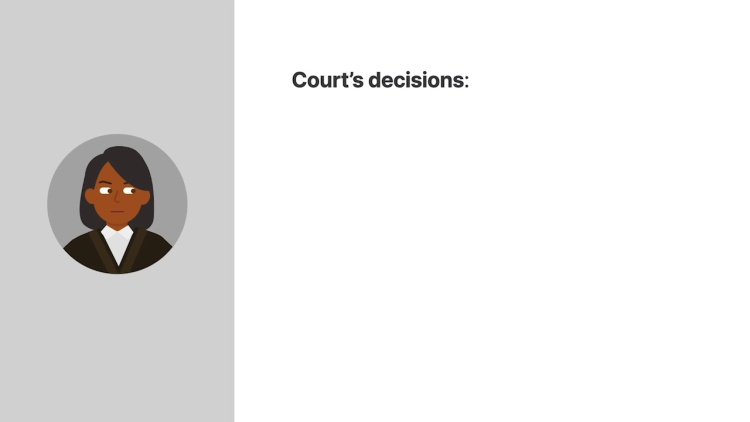Cellphone Termination Fee Cases
California Court of Appeal for the First District
193 Cal.App.4th 298 (2011)
- Written by Craig Conway, LLM
Facts
In 2003, several individuals (collectively Plaintiffs) filed lawsuits in a number of California counties alleging that the practice by cellular service provider Sprint Spectrum, L.P. (Sprint) (defendant) of charging early termination fees (ETFs) to its customers violated § 1671(d) of the state’s Civil Code. The various cases were consolidated. At trial, Plaintiffs argued that the ETFs were adopted and used by Sprint to stop erosion of its customer base by penalizing early termination of customer contracts as a revenue opportunity. Conversely, Sprint claimed that the ETF was a part of the price the customer paid for the “bundle” of the handset and cellular service and was necessary to offset rate reductions in long-term service plans. Additionally, to challenge Plaintiffs’ claims that the ETF’s were unlawful liquidated damage provisions, Sprint sought to prove that its actual damages were substantially greater than the fees charged. The jury found for the Plaintiffs and assessed over $225 million in actual damages. The court then ordered nearly $74 million in restitution to be paid to Plaintiffs; enjoined Sprint from further efforts to collect ETF’s assessed during the class period; and ordered Sprint to advise third party assignees of uncollected claims of the court’s order. The court then questioned the validity of the jury’s damages award and applied the setoff in favor of Sprint and found that neither the Plaintiff nor Sprint would be entitled to any monetary recovery. The trial court reasoned that the jury had failed to follow its instructions on Sprint’s actual damages and granted the plaintiff’s motion for a partial new trial on that issue. Sprint appealed.
Rule of Law
Issue
Holding and Reasoning (Bruiniers, J.)
What to do next…
Here's why 911,000 law students have relied on our case briefs:
- Written by law professors and practitioners, not other law students. 47,100 briefs, keyed to 997 casebooks. Top-notch customer support.
- The right amount of information, includes the facts, issues, rule of law, holding and reasoning, and any concurrences and dissents.
- Access in your classes, works on your mobile and tablet. Massive library of related video lessons and high quality multiple-choice questions.
- Easy to use, uniform format for every case brief. Written in plain English, not in legalese. Our briefs summarize and simplify; they don’t just repeat the court’s language.





